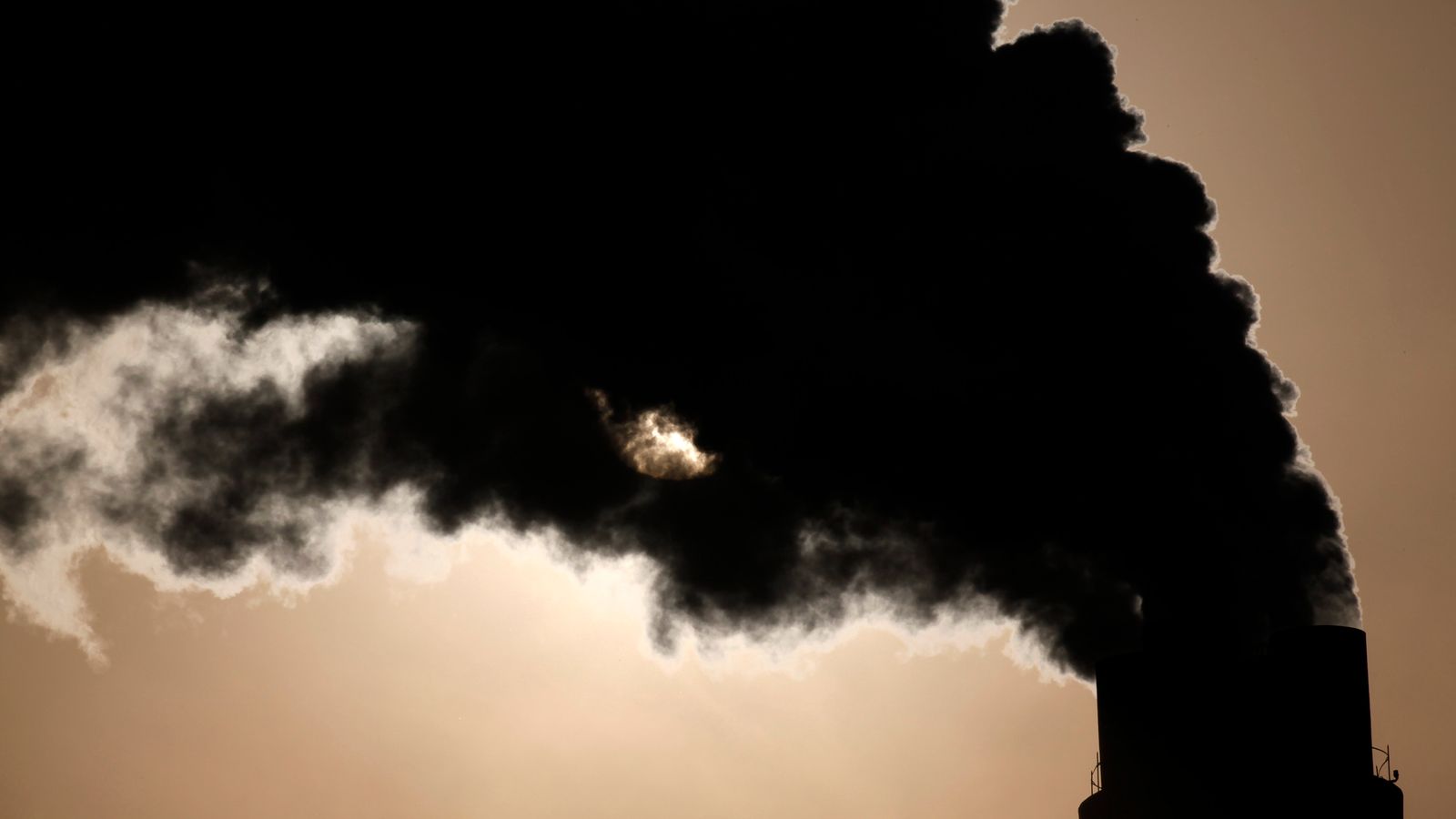Major fossil fuel producing countries are planning enormous expansions that contradict their own climate goals, according to analysis by the United Nations.
Petrostates plan to extract so much more coal, oil and gas, that it will blow the dwindling budget we have left to limit global warming to safer temperatures by two times, the report said.
Countries like India, Saudi Arabia, the UK and the US will together drill, pump and mine 110% more fossil fuels in 2030 than would be consistent with limiting warming to 1.5C above pre-industrial levels, the more ambitious goal of the Paris Agreement, the report suggests.
It would be 69% more than the less protective goal of limiting warming to 2C.
The world has already warmed by about 1.2C, fuelling more damaging heatwaves, drought and floods, which are forecast to worsen further with every extra increment of warming.
The UN Environment Programme’s Production Gap report intensifies pressure on leaders meeting at the COP28 conference climate summit in Dubai in December, where they are charged with correcting course on spiralling global heating.
“Fossil fuel phase out is one of the pivotal issues that will be negotiated at COP28,” Ploy Achakulwisut, Stockholm
Environment Institute (SEI) scientist and a lead author of the report, said in a press briefing.
‘Near certainty’ 2023 will be Earth’s hottest year on record, scientists warn
Syria President Bashar al Assad’s ‘extensive’ environmental devastation means he should not be invited to COP28 climate summit, report says
Prince William announces winners of Earthshot Prize in Singapore at star-studded ceremony
Last week more than 50 MPs wrote to the UK Prime Minister Rishi Sunak urging him to lobby other countries at the COP28 negotiations to agree to phase out fossil fuels.
UN secretary-general Antonio Guterres said governments are “literally doubling down on fossil fuel production”, which is the “root cause” of the “climate catastrophe”.
More than 80 researchers from over 30 countries contributed, examining 20 major fossil fuel-producing countries: Australia, Brazil, Canada, China, Colombia, Germany, India, Indonesia, Kazakhstan, Kuwait, Mexico, Nigeria, Norway, Qatar, Russia, Saudi Arabia, South Africa, the United Arab Emirates, the United Kingdom, and the United States.
They found that while most have launched initiatives to cut emissions, none have committed to reducing coal, oil and gas production enough to limit warming to 1.5C (2.7 degrees Fahrenheit).
Recent analysis from one key global energy body, the International Energy Agency, forecast demand for all fossil fuels would peak by 2030, and start to fall after that.
Neil Grant, analyst at Climate Analytics, which helped compile the report, said: “Despite their climate promises, governments plan on ploughing yet more money into a dirty, dying industry, while opportunities abound in a flourishing clean energy sector.
“On top of economic insanity, it is a climate disaster of our own making.”
The report comes as data confirms October was the hottest globally, giving “near certainty” that 2023 will be the hottest year on record.








